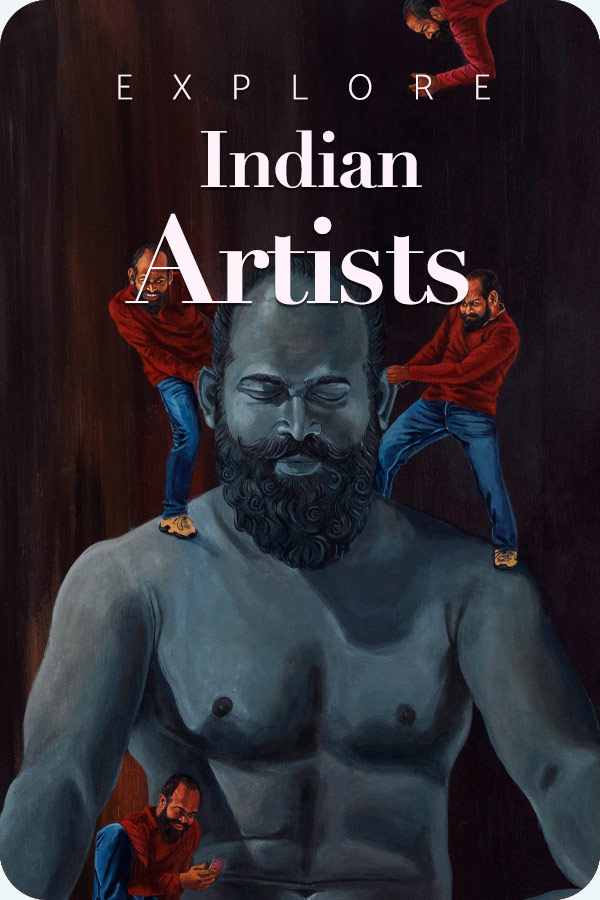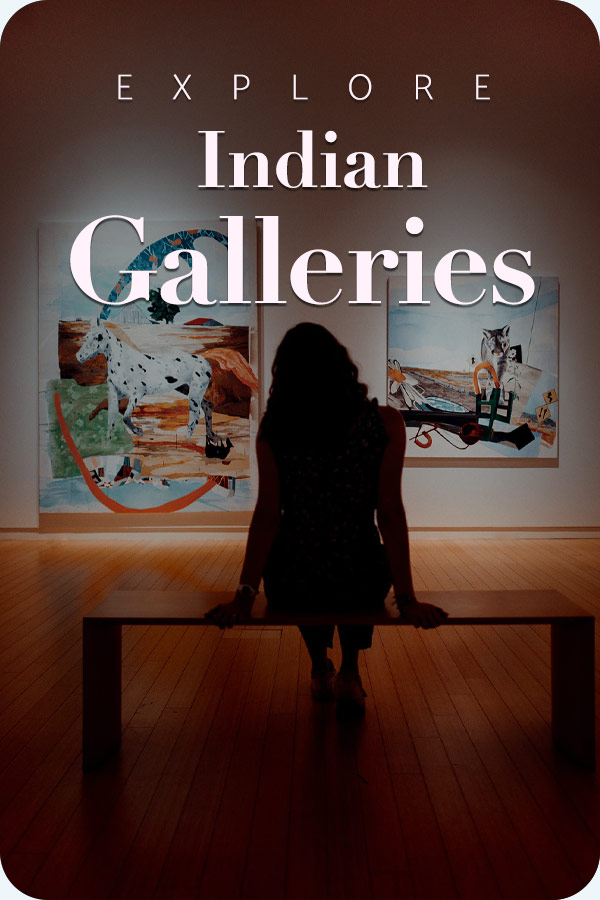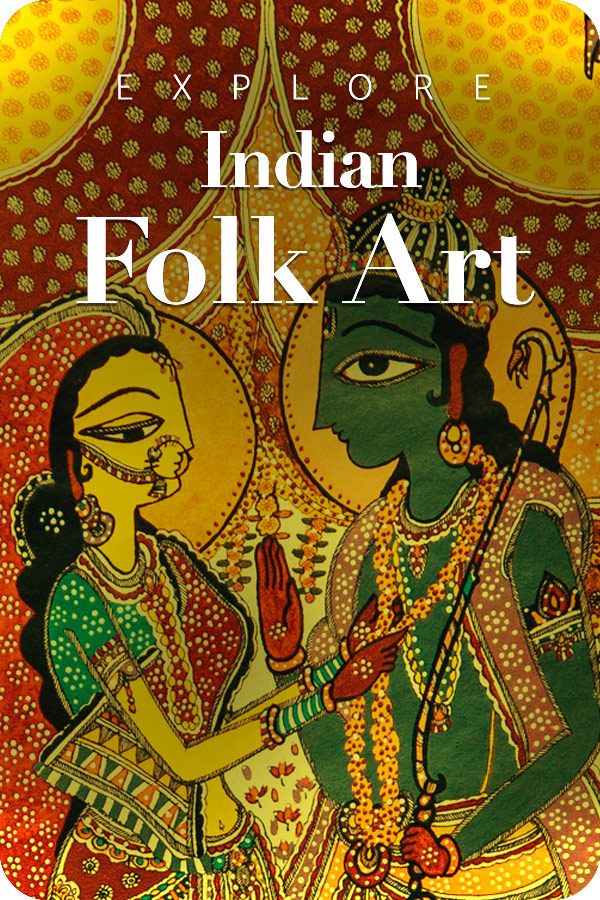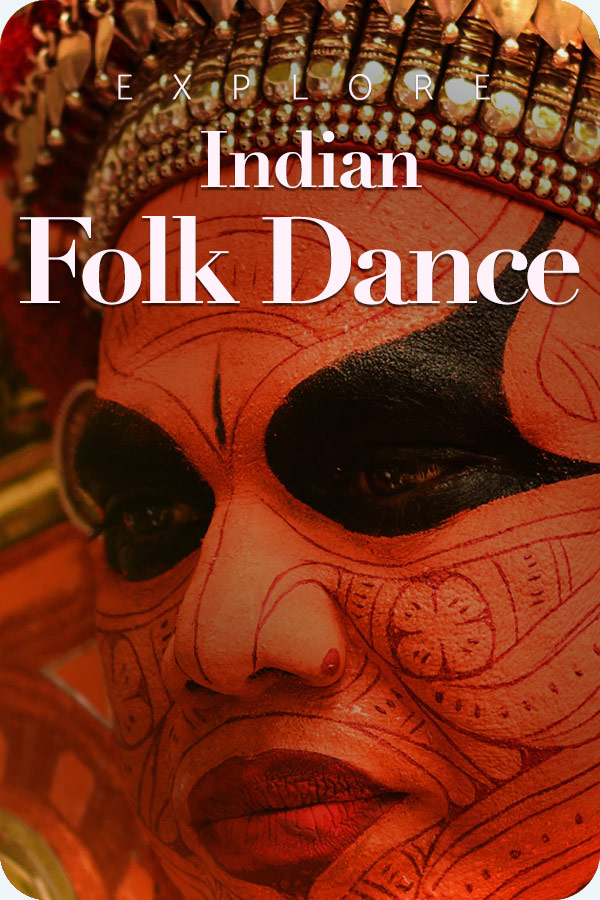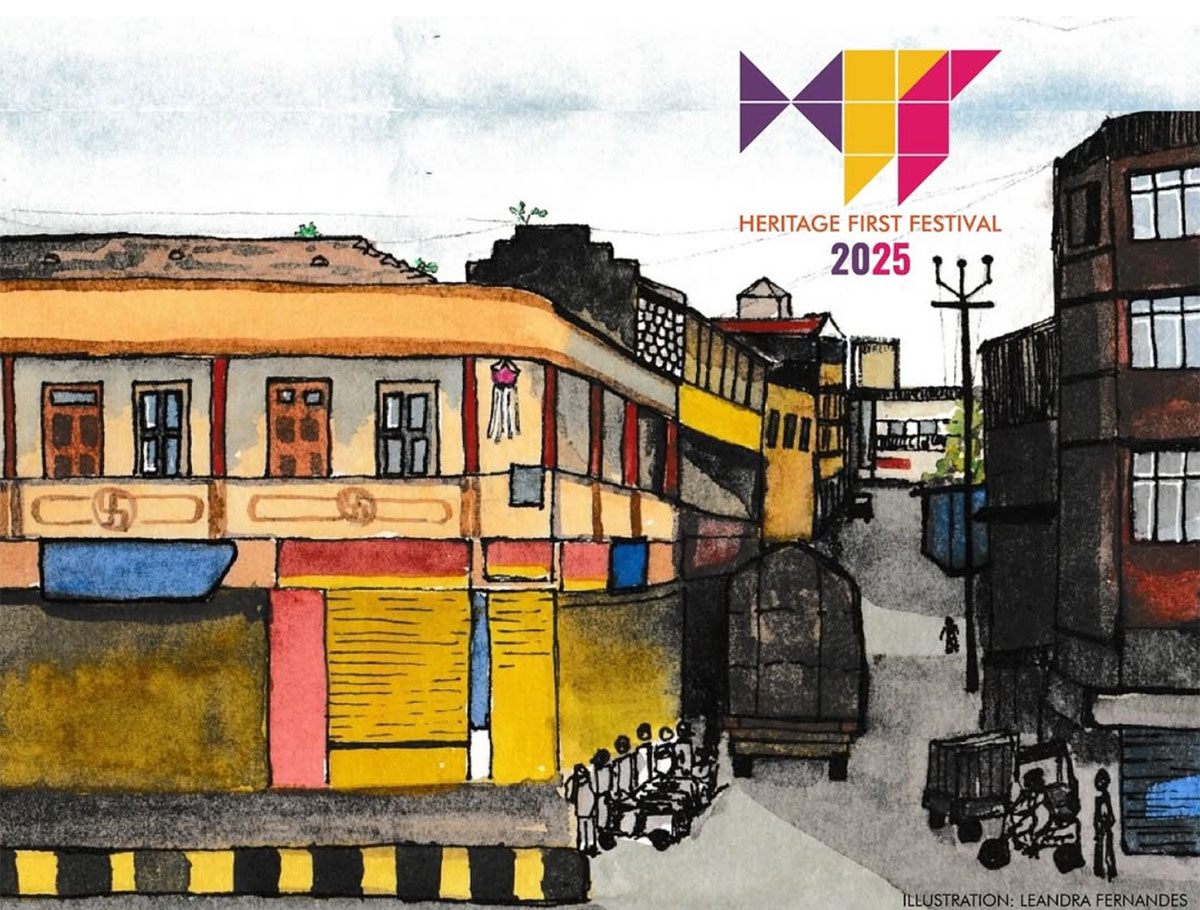
Beyond the serene beaches and vibrant nightlife, Goa’s distinctive cultural identity is equally spirited. This spirit is celebrated through the second edition of the Heritage First Festival, organised by Heritage First Goa (HFG), which is running from 14 November to 7 December 2025 across Goa. The HFG is a dedicated non-profit initiative to transform the entire state into a living classroom for heritage enthusiasts and residents alike. The founders, Heta Pandit, Jack Ajit Sukhija, and Snigdha Manchanda, noted that their core mission is to make the connection between the Goans and their culture more intellectually enriching. This is a movement that encourages the residents to recognize the worth of their inherited culture by preserving the landscape they inherit and by boosting the music and craft practices of Goa, etc.
The 2025 edition features an impressive schedule of 41 distinct walks and workshops. This initiative seeks to unveil the ‘unseen’ or ‘lesser-known’ facade of Goa, which is often missed in the fog of its popular party culture. This enhances the exploration of Goa’s cultural treasures, elevating it beyond the sun and the sand. With this inclusive approach, visitors will re-watch Goa not just as a holiday destination but as a place that possesses layered histories and distinct practices.
The Festival
HFF is consciously put together based on four key themes- Built Heritage, Nature and Biodiversity, Arts and Crafts, and immersive Workshops. These are not designed as sightseeing tours, but are properly curated experiences to acknowledge deep learning about Goa’s historic and cultural past. Spanning from Morjim in the North to Rachol in the South, the festival ensures that every corner of the state is covered. A compelling feature that makes HFF stand out is the innovation of ‘Heritage Pilots‘, which is spearheaded to honour Goa’s iconic motorcycle pilots who navigate the state with local knowledge. The HFG has enlisted 27 domain-expert curators to lead the events. These pilots form a heterogeneous group, as they belong to different backgrounds, including artists, writers, environmental scientists, and architects. These people are divided by occupation, but are united by years of experience dedicated to research and personal storytelling. The expertise of all these pilots merged, weave a fabric that ensures that perceptions of the visitors are shaped in a just way.
Why Does It Matter?
The Heritage First Festival attempts to reshape the public perception of Goa in a historically and culturally maneuvered manner. Its rudimentary emphasis is on Goa’s heritage, its vernacular culture, the ecology it possesses, and the craft it creates. As one of the festival founders mentions: We want to look at familiar places from a fresh perspective… learn from them, and appreciate them in ways we may have overlooked.” The three-week format, the menu of walks, aided with the workshops, and the active involvement of local “pilots”, all work together to convert passive spectatorship into active participation.
The festival also helps decentralise the focus from the tourist hotspots to the under-discovered or underrated hidden gems of Goa. It also offers economic and cultural prominence and visibility to lesser-known communities. The registration model with limited slots and nominal contributions features a committed engagement.
| Aspects | Details |
|---|---|
| Duration of HFF 2025 | Three weeks, spanning November 14 to December 7, 2025 |
| Organiser | Heritage First Goa (HFG), a non-profit organization |
| Number of Events | 41 walks and workshops |
| Key Founders | Heta Pandit, Jack Ajit Sukhija, and Snigdha Manchanda |
| Guiding Experts | 27 ‘Heritage Pilots’ (domain-expert curators) |
| Thematic Focus | Built Heritage, Nature & Biodiversity, Arts & Crafts, and Experiential Workshops |
| Registration Status | Mandatory advance registration with limited slots; booking available via the official website. |
Key highlights
- A village walk in Saligao with a local heritage historian.
- A khazan marsh/mangrove ecology walk in Chorao with environmental guides.
- A cave walk in Chicalim exploring prehistoric rock formations and heritage.
- Workshops on Kunbi weaving, food stories in community kitchens, and poetry walks.
- Night-city walks in Panaji to see heritage in an urban setting.
Looking Ahead: Impact & Opportunities
The festival is a captivating opportunity for students, researchers, and heritage enthusiasts to deconstruct the stereotypes associated with Goa and enjoy the state with a fresh perspective. The festival offers live case-studies, for instance, how mangrove ecology is integrated into heritage; how village craft becomes workshop themes, etc. For Goa’s tourism, the festival indicates a shift from commercial leisure tourism to a knowledge-based tourism. This festival also offers a guiding template for other states to walk in the same footsteps. From a community-based view, the event can help reclaim local narratives, assert value in non-tourist heritage, and involve residents in the process of expatiating the heritage in making.
Era of Regenerative Tourism
View this post on Instagram
Hitherto, Tourism Minister Rohan Khaunte has highlighted that Goa is consciously shifting beyond its beaches to a model that respects culture, nurtures the environment, and uplifts local society and economy. HFF embraces and embodies this shift by accelerating it through the creation of a platform for local self-help groups (SHGs), local artisans, and domain experts to share their knowledge and products, thus benefiting the grassroots economy directly.
The vitality of the festival lies in two primary factors. Firstly, it deepens the local public’s understanding of their own history, particularly taking the younger generation within its ambit, so that in the future they could advocate conservation of their unique identity. Secondly, it offers an inclusive and authentic Goan experience to outsiders.
However, there are certain sensitive pockets too. The curators engaging with the crowd have to make sure that the festival is not just for the tourists. If not executed properly, it might be subject to the risk of becoming too “tourist-friendly” rather than “heritage-aware”. The festival should ensure that locals, not just visitors, participate and see value. An efficient follow-up mechanism can also be adopted to ensure its profound impact.
Takeaway
Overall, the festival is activism masked in activities and marketed through experience. In this rapidly evolving world, this festival marks its own spot by encapsulating Goa’s true wealth through timeless tales and folk traditions. The growing enthusiasm for HFF 2025 proves that the movement to put heritage first is resonating deeply, marking a pivotal moment in the cultural preservation of this beautiful coastal state.


